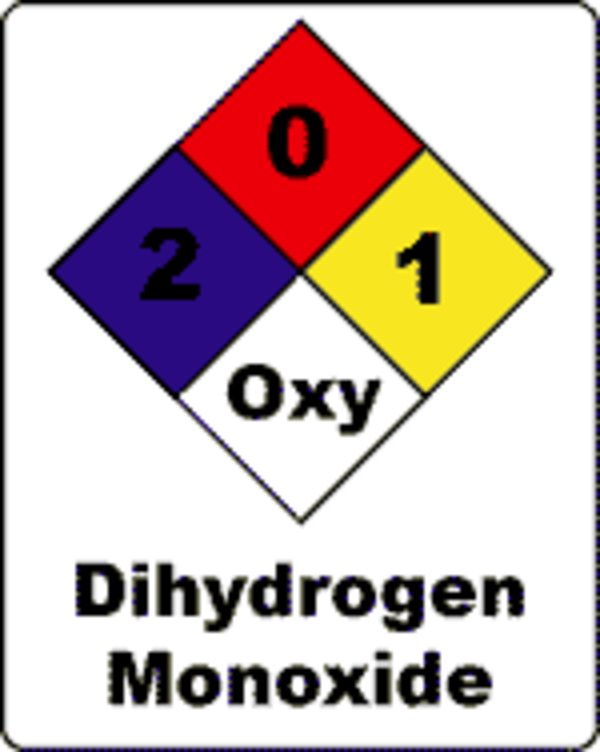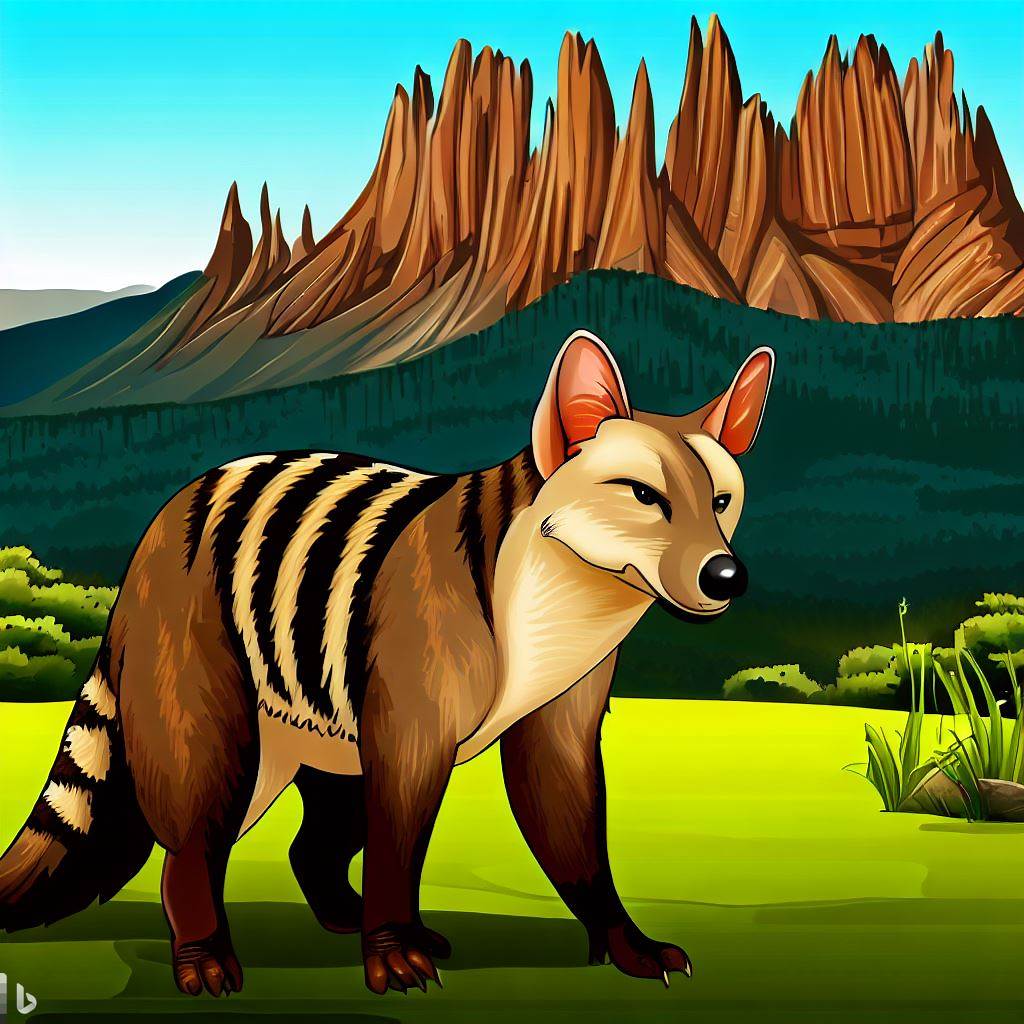Based on the embedded video, and in the absence of any qualified dissenting opinion, I would say yes. On a micro-level it feels a bit ethically grey, but if you look at it as part of an overall plan to combat bio-diversity then it has more merit. However, it is pretty sad that the average Australian is seemingly so obsessed with restoring this one lost animal but doesn’t give a shit about any of the incredible species we still have with us.
Definitely but I worry. People (farmers and governments) are more than happy shooting and killing dingoes, mislabelling them as wild dogs. Does this mean the Thylacine would be “havened” for safety. Can’t have an environment without apex predators (or are cats now our apex?).
Or is the money better spent on protecting what we have? Of which we are doing an absolutely shitty job of (read 95% of the articles posted recently).
Thylacic Park? Sign me up!
Would also like to see some Aussie megafauna too! Giant wombats and Thunder birds would be way cool.
Thylacaleo and Megalania as well to keep the Tourists in line.
I don’t know. On one hand this would be cool as, but on the other hand, what would happen to our ecosphere?
But consider, another caniform we could pet and dress up :3
I can’t love anymore! (Okay MAYBE I have some room haha)
This is the best summary I could come up with:
Many respondents Australia-wide expressed a feeling of responsibility to bring thylacines back, due to humans having caused their extinction.
Professor Andrew Pask is leader of the Thylacine Integrated Genetic Restoration Research Lab at Melbourne University.
In New South Wales, Jo’s livestock suffered dog attacks, an experience she describes as “awful and horrible and gut-wrenching”.
The comments of survey participants have prompted University of Tasmania Aboriginal Leadership pro-vice-chancellor Professor Greg Lehman to question if the topic can open a doorway to difficult conversations “most people” back away from.
“Maybe having this conversation about the thylacine is a way for people to start to have an opportunity to talk about subjects that tend to get buried deep in the national conscience,” Professor Lehman said.
Strong support from survey respondents prompted United Kingdom author and journalist Helen Pilcher to put forward a cautious yes.
The original article contains 897 words, the summary contains 139 words. Saved 85%. I’m a bot and I’m open source!
I’m already alive
Buckle up- they want to reproduce you as well









